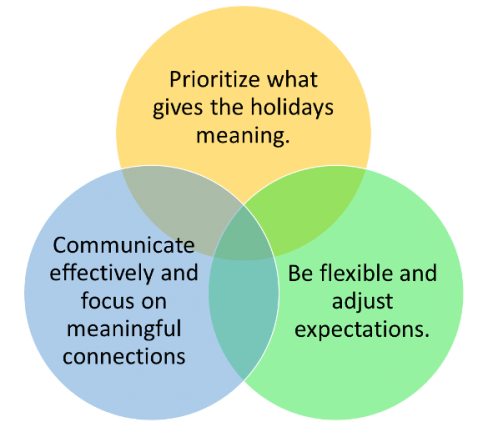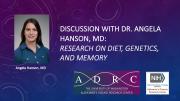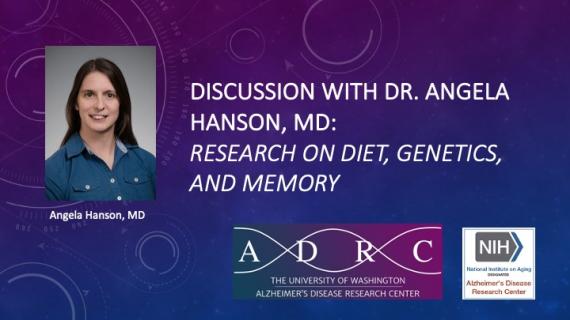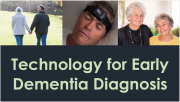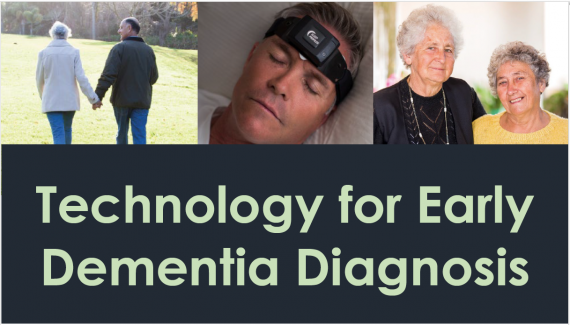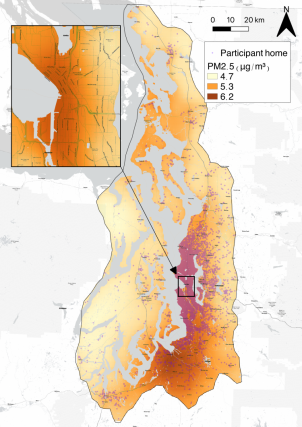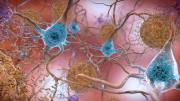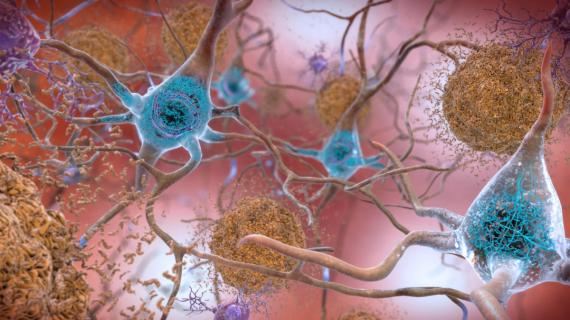January 11, 2022
Get to Know Astrid-Suchy-Dicey, Epidemiologist and Notable Woman in STEM
Categories: Science Updates, Team Spotlights, News
December 07, 2021
NACC is now accepting applications for the New Investigator Awards!
Categories: Science Updates, News
November 29, 2021
Indigenous perspectives on dementia and dementia-friendly communities
November 28, 2021
Homespun comfort: My fidget apron project
Categories: Caregiving, News, Art
November 22, 2021
Dementia, COVID-19, and the Holidays
Categories: Care & Treatment , News
November 12, 2021
Roundup of 3 recent studies on dementia risk
Categories: Science Updates, News
October 08, 2021
A Discussion about Diet and Brain Health Research with Dr. Angela Hanson, MD
Categories: Science Updates, Care & Treatment , News
August 27, 2021
Wearable sleep monitoring technology to improve diagnosis of Lewy body dementia and Alzheimer’s
Categories: Science Updates, Care & Treatment , News
August 10, 2021
Fine particulate air pollution associated with higher risk of dementia
Categories: Science Updates, News
July 29, 2021
Alzheimer’s study explains how tau pathology affects brain cells
Categories: Science Updates, News









